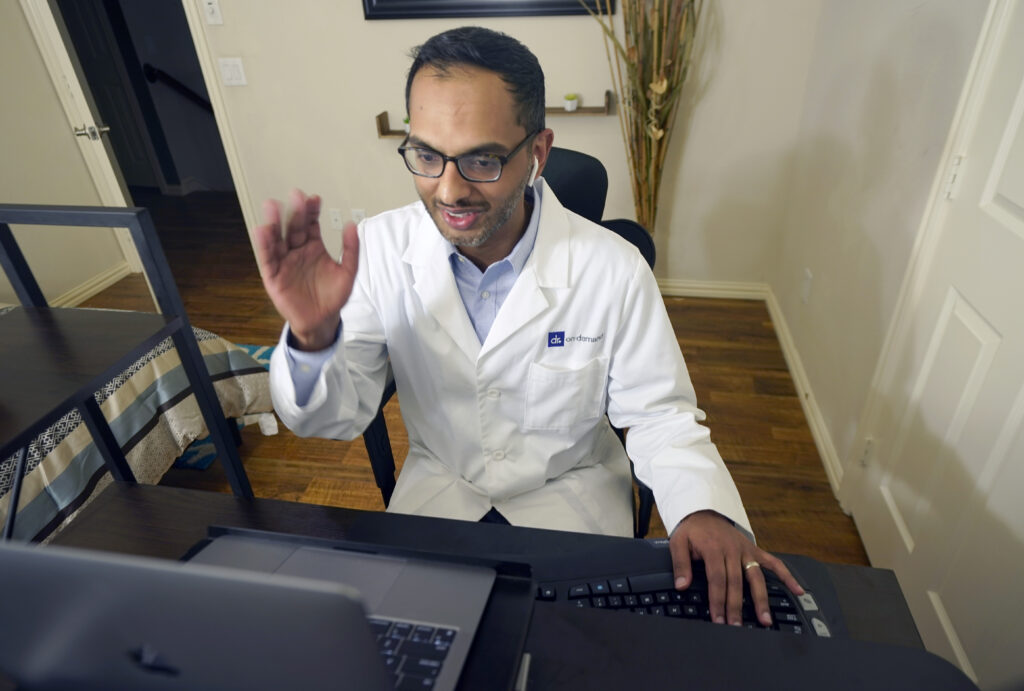Using virtual medical care has become a mainstay in the medical field because of COVID-19. Telemedicine has become a popular mode for physician-patient interactions and is on track to become a substantially huge business internationally.
The Global Telemedicine Market Size is expected to grow to $431.82 billion at a compound annual growth rate of 26.5% by 2026, according to a GlobeNewswire article released in August. There are certainly advantages to this mode of medical care, particularly in rural areas where physician shortage issues have become increasingly more severe. However, many doctors have concerns about medical errors and patient privacy with telemedicine.
The Deloitte 2018 Health Care Consumers and Physicians survey found that although many doctors felt that telemedicine brought important benefits, 36% had concerns that important diagnoses would be missed. Other concerns cited in the survey were lack of appropriate technology, privacy of patient information and disruption of practice workflow.
The survey was done prior to the COVID-19 outbreak and general perceptions of telemedicine by the healthcare community may have shifted; but the concerns raised in the survey are relevant even in the age of COVID-19. Providers using telehealth are not able to physically examine patients. There are some online systems that allow for the measurement of vital signs but this can result in inaccuracies.
Most malpractice claims related to telemedicine involve medical error in diagnosis. A study released by The Doctor’s Company, a medical malpractice insurer, found that 71% of all telemedicine related malpractice claims involved inaccurate or missed diagnosis. 11% of those claims were related to inappropriate treatment management and the other 7% inappropriate surgical aftercare, according to the study.
The lingering question is, what are the future implications of a healthcare system dependent on technology in the evaluating and treatment of patients? Physical in-person contact is a critical part of quality healthcare. While telemedicine should continue to play a role in patient care, it should not be a replacement for in-person visits.
You may also like
-
UWG Welcomes Alum Brian Nunez as Keynote Speaker for 41st Annual MAP Awards
-
UWG’s Student Activities Council Hosts the Spring Festival of Colors, Celebrating Culture and Community
-
Georgia Power Donates $25,000 to UWG’s Student- Run PR Firm, bluestone
-
Le Mépris and the Horizons UWG French Film Festival: Living West
-
UWG Hosts All-Majors Career and Internship Fair Helping Students Network with Employers: Living West
